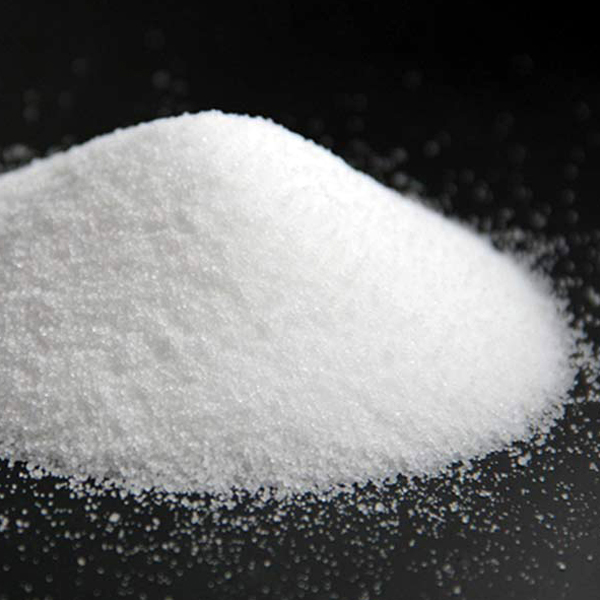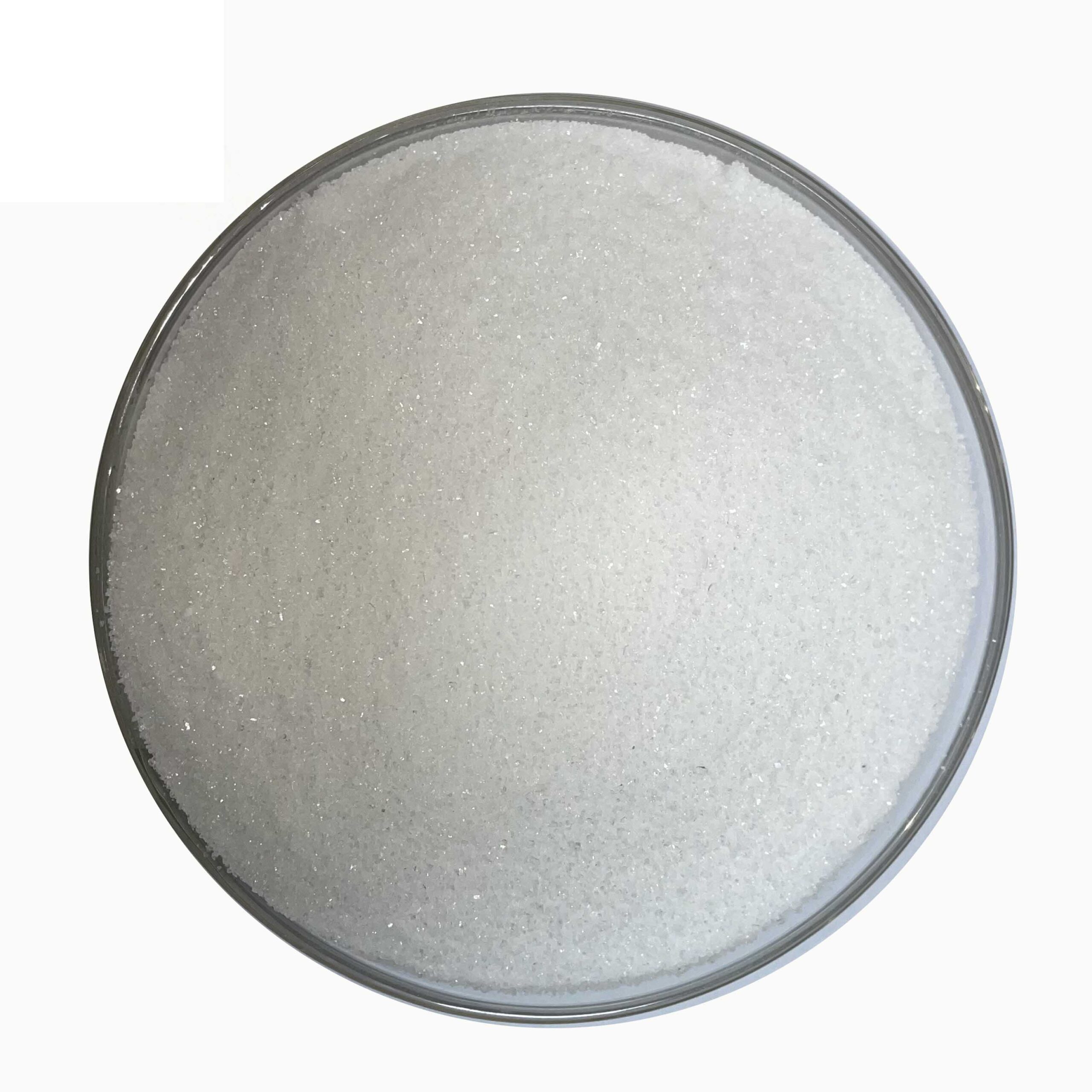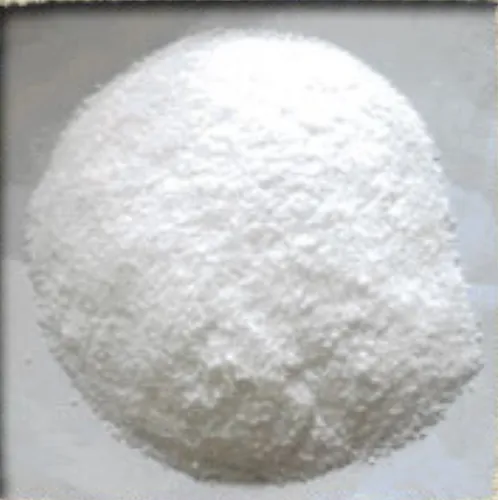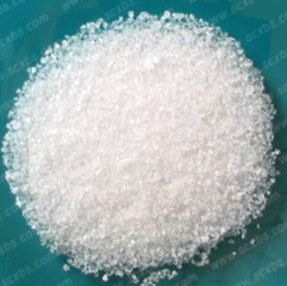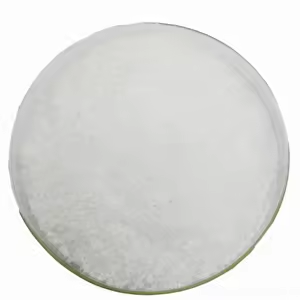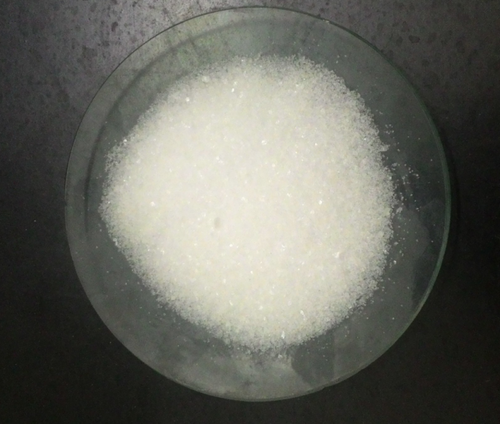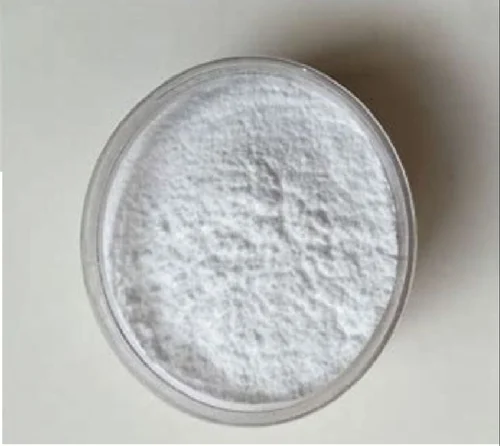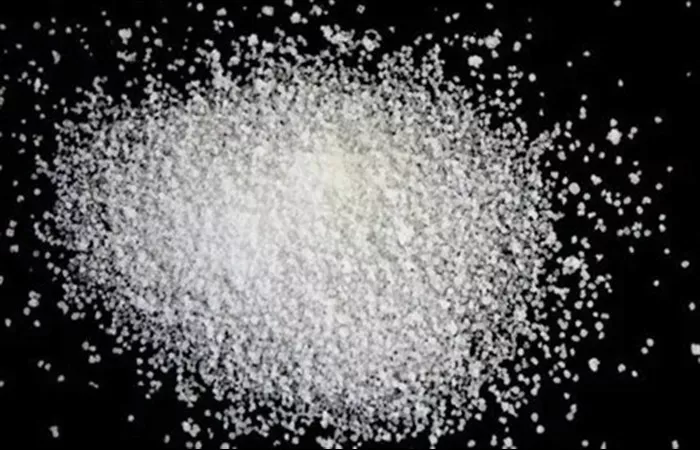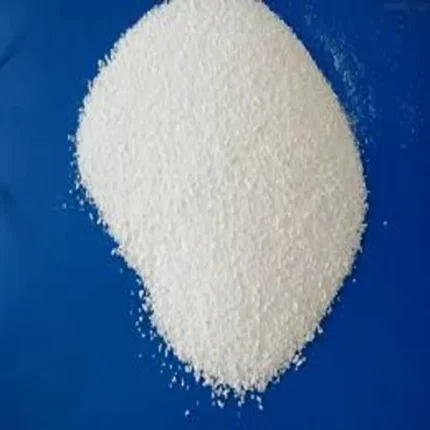Description
Mono-Potassium Phosphate (MKP), with the chemical formula KH₂PO₄, is a water-soluble fertilizer commonly used in agriculture and horticulture. It provides essential nutrients, namely potassium (K) and phosphorus (P), both of which are critical for plant growth.
Here are some key points about MKP:
Composition:
- Potassium (K): 22.5%
- Phosphorus (P): 28.8%
Properties:
- Solubility: Highly soluble in water, which makes it ideal for fertigation (application through irrigation) and foliar feeding.
- Acidic nature: MKP is slightly acidic, which can help lower the pH of alkaline soils.
- No nitrogen: Unlike many other fertilizers, MKP does not contain nitrogen, making it particularly useful in situations where nitrogen levels are already sufficient or need to be avoided.
Uses:
- Fertility management: It is often used in hydroponics, fertigation systems, and as a foliar feed to boost flowering, fruiting, and overall plant health.
- Improving plant resistance: The phosphorus in MKP helps in energy transfer within the plant, aiding in better root development, flower production, and stress resistance.
- Acidification of nutrient solutions: In hydroponic setups, MKP can also serve to adjust the pH of the nutrient solution.
Benefits:
- Provides balanced nutrients to plants without increasing nitrogen levels.
- Promotes strong root development, vibrant flowering, and high fruit yields.
- Supports overall plant health and stress tolerance.
MKP is especially favored in environments where precise nutrient control is needed, such as greenhouses, hydroponic systems, or soil with specific nutrient imbalances.

